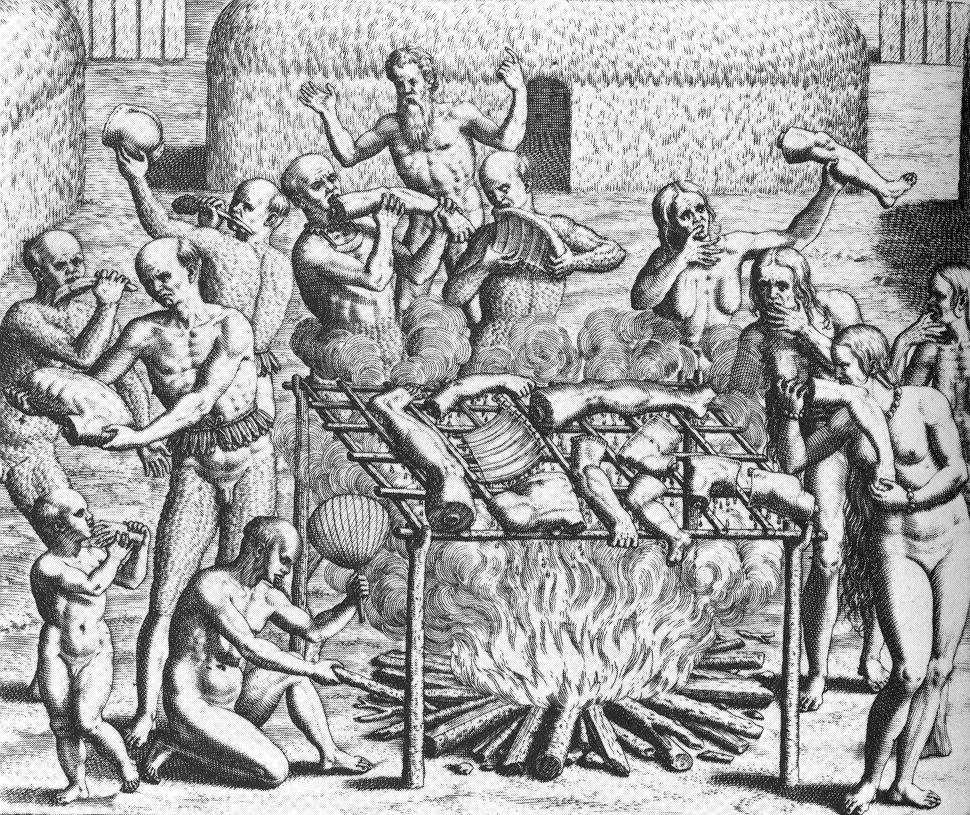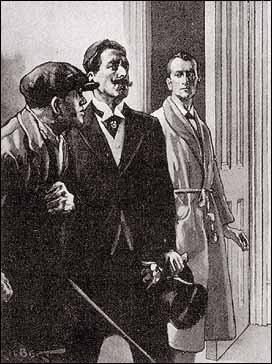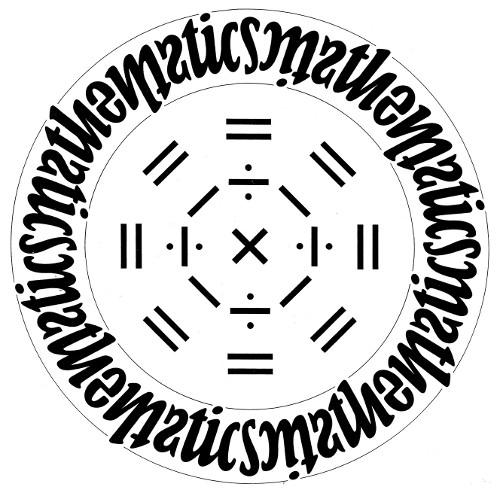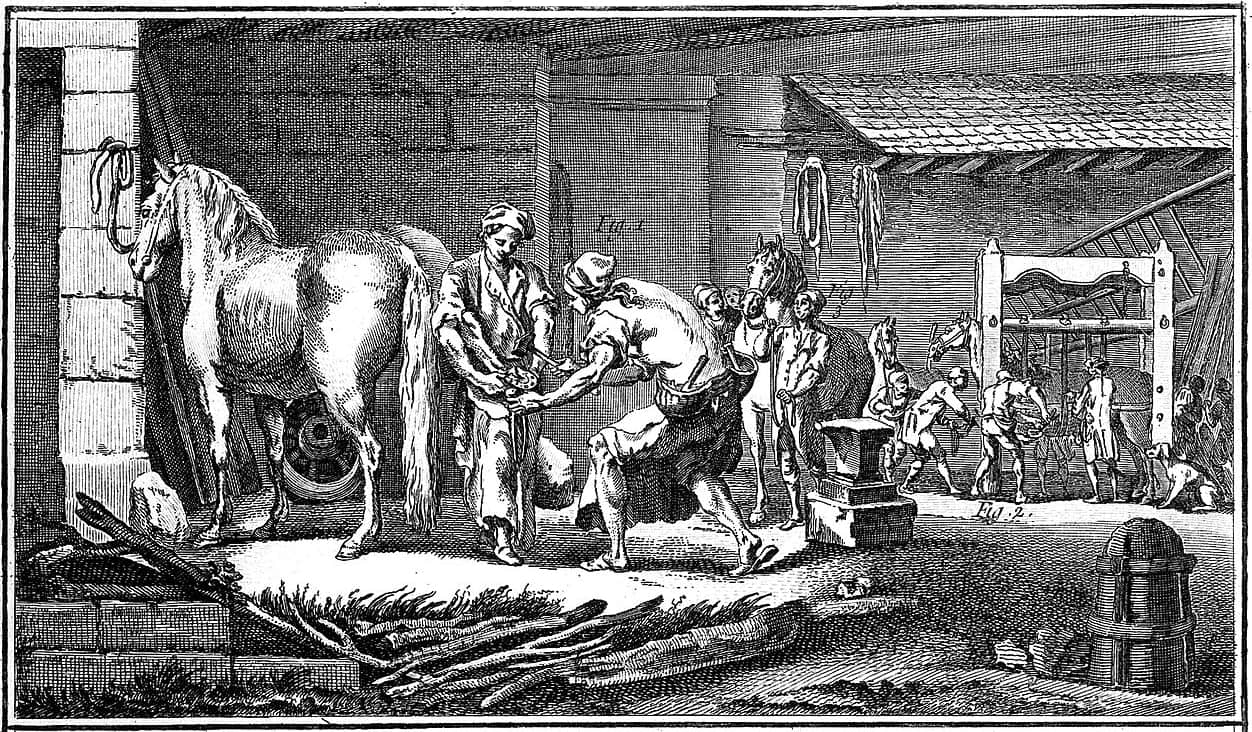
In September 1952, when Dwight Eisenhower found himself campaigning against the eloquent Adlai Stevenson, Time magazine made a list of his incomprehensible utterances:
“In our efforts throughout the world, on outpost positions, I mean positions that are exposed to immediate Communist threat, physical threat, if we will help those people hold out and get ourselves back where we belong as reserves to move in to any threatened danger point if they carry it to that point, carry it to that level, then what we will be doing it will be taking these 22 million South Koreans, pushing programs for getting them ready to hold their own front line.”
“I had some service friends that came to me along about May and some things beat around my head, and asked me, ‘General, why are you so crazy to ever get into this kind of thing?’ I had to find some answer that was quick because I was pretty busy in Europe. I got a picture of my three grandchildren and I put it on my mantel and I said, ‘Look at that.’ I want to talk about the future for a second in their terms. This is my particular philosophy. We have been talking about social gains for all our people in terms of, first, political issues, and secondly as of goals in themselves. Now I reject both doctrines, both ideas.”
“We are not going to let our citizens, through no fault of their own, fall down into disaster they could not have foreseen and due to the exigencies of our particular form of economy, this modern economy where they have no power to keep themselves out of that.”
Arnold Roth observed, “The man who had commanded the greatest army in history seemed to have inadequate command of his own thoughts, or at least the vehicle by which he carted those thoughts into public view.”
See All Clouds, No Thunder.





